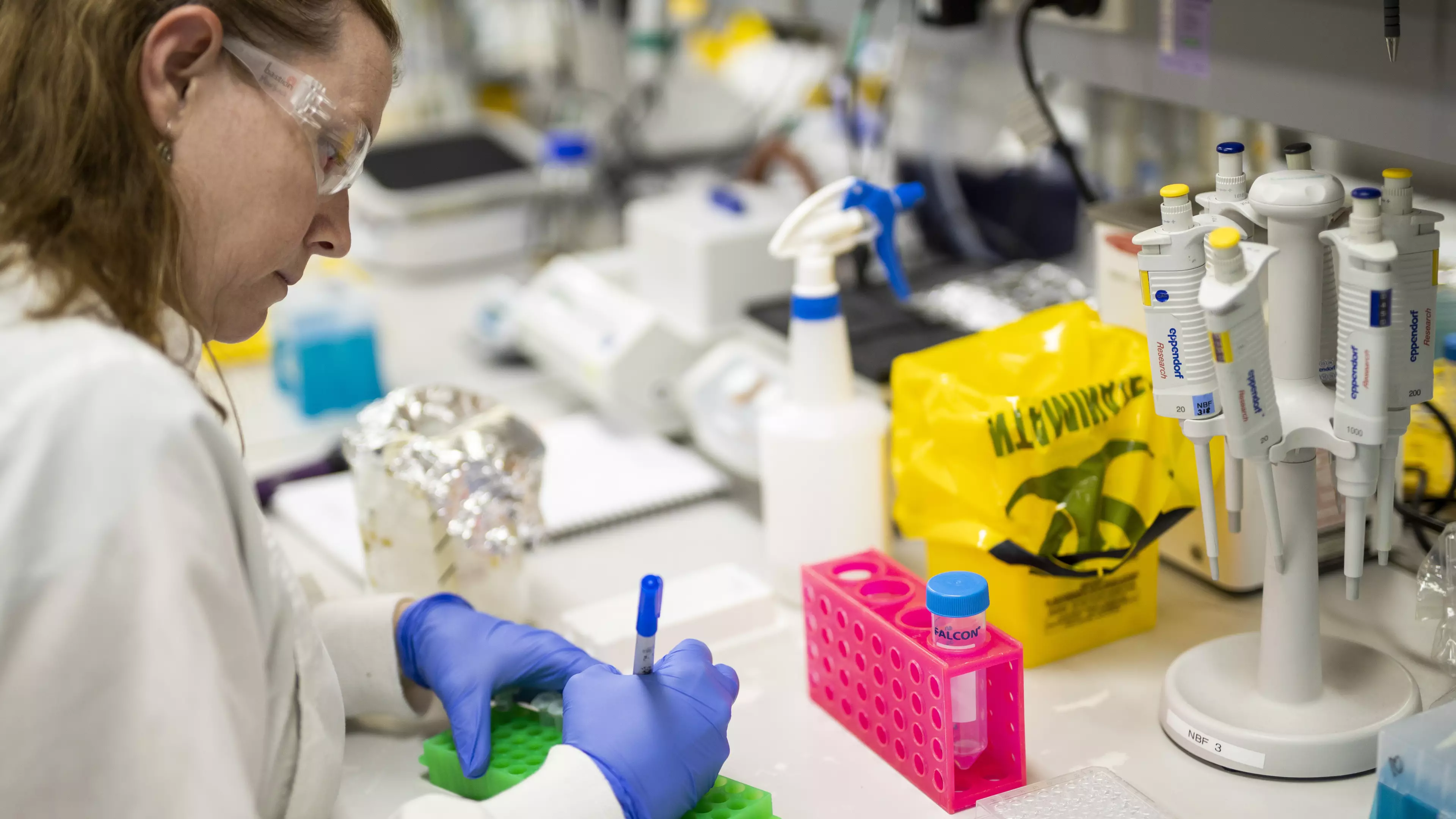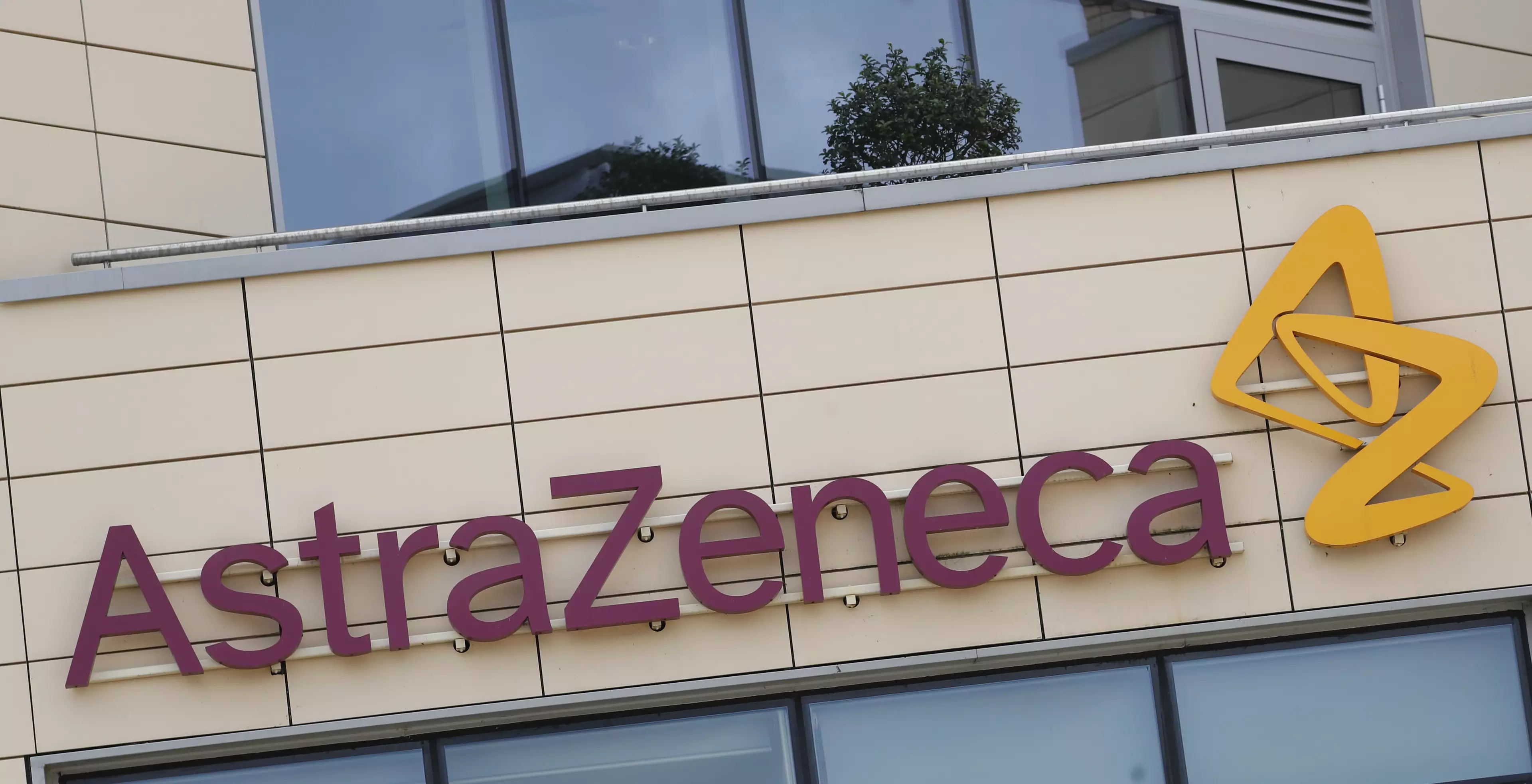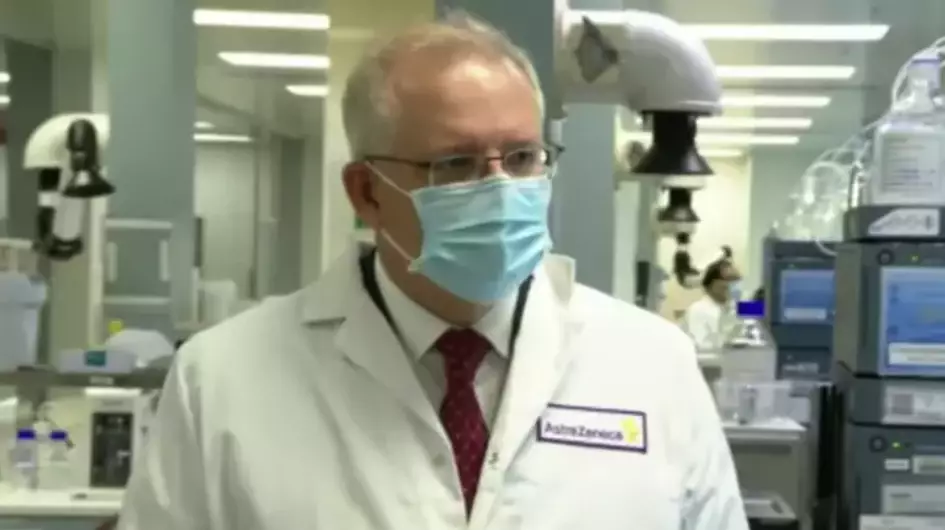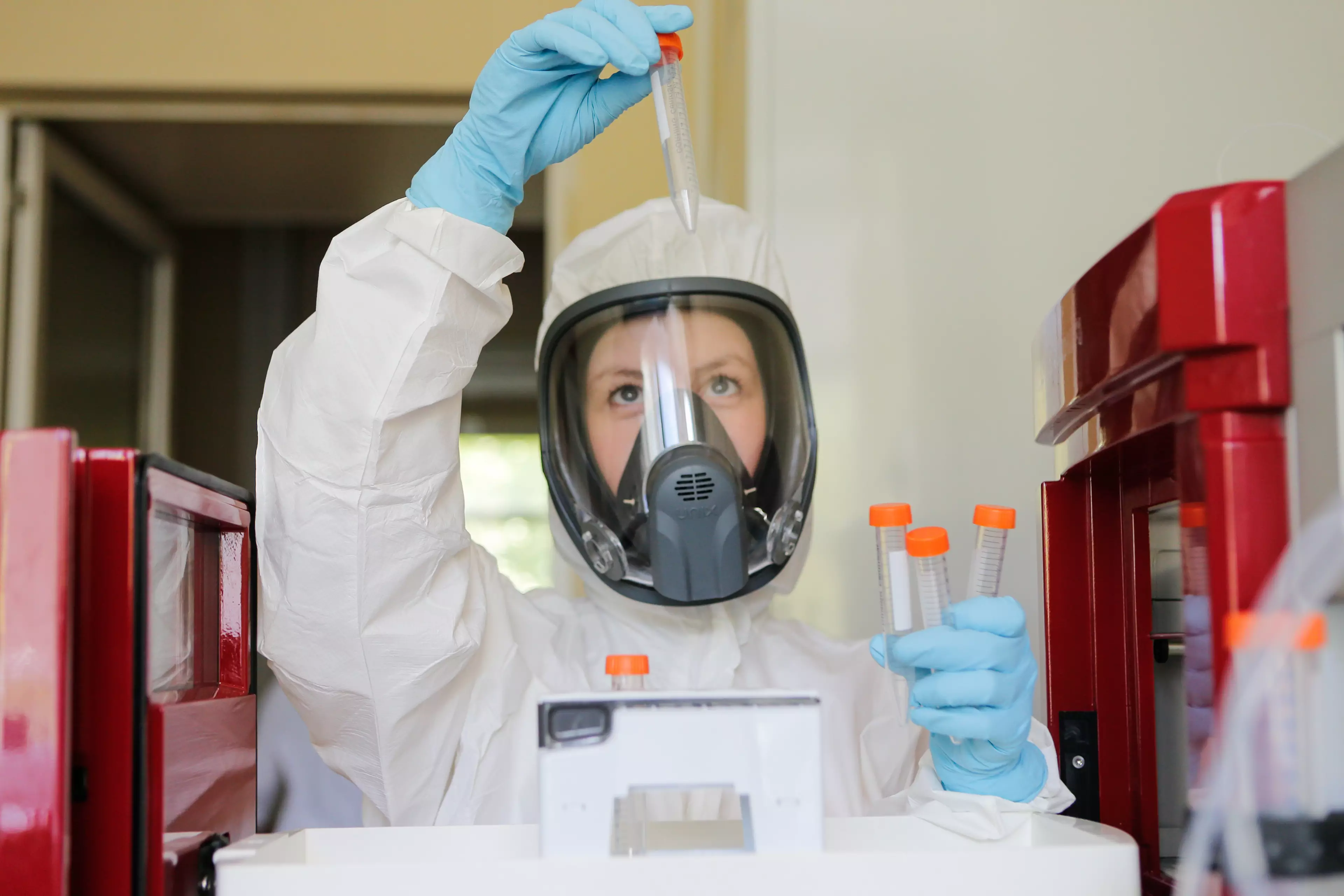
The Oxford University and AstraZeneca Covid-19 vaccine trial has been put on hold after a UK participant had an adverse reaction.
AstraZeneca described it as a 'routine' pause in the case of 'an unexplained illness' in a participant.
However, the news could be a setback to plans for the global roll-out of the vaccine. Earlier this week, the English government said it had ordered 30 million doses of the vaccine, and in Australia it was announced that a deal had been signed to secure 33.8m doses.

In a statement, AstraZeneca said it 'voluntarily paused' the trial to allow a review of the 'single event' by an independent committee.
Advert
"This is a routine action which has to happen whenever there is a potentially unexplained illness in one of the trials, while it is investigated, ensuring we maintain the integrity of the trials," the statement said.
"In large trials illnesses will happen by chance but must be independently reviewed to check this carefully."

Hopes have been high that the Oxford University/AstraZeneca vaccine might be one of the first on the market after its successful Phase 1 and 2 trials.
Advert
The vaccine is now in Phase 3 of trials, which has involved some 30,000 participants in the US as well as in the UK, Brazil and South Africa. Phase 3 trials in vaccines often involve thousands of participants and can last several years.
Speaking on LBC radio earlier this week, English Health Secretary Matt Hancock said the 'best case scenario' was that the vaccine would be ready for use this year - but it now looks likely to be pushed back to 2021.
"We have got 30 million doses already contracted with AstraZeneca," he said.
"In fact they are starting to manufacture those doses already, ahead of approval, so should that approval come through - and it's still not certain but it is looking up - should that approval come through then we are ready to roll out.
Advert
"The best-case scenario is that happens this year. I think more likely is the early part of next year - in the first few months of next year is the most likely.
"But we've also bought vaccine ahead of it getting approved from a whole different series of international vaccines as well."
According to Australia's Deputy Chief Medical Officer Nick Coatsworth, the pause of the trial 'by no means puts that vaccine completely off the table' for the country.
"It would be fairly standard process if there's a very severe reaction and they are not sure whether it's attributable to the vaccine or not, to gather the information and holding the trial for the moment," he said on Seven's Sunrise program.
Advert
"We've got to keep in mind the tens of thousands of people have now received this vaccine, so this is a testimony to the rigour and the safety focus that people are putting on vaccine development."
Coatsworth said the Government was investing in 'multiple technologies, multiple potential vaccines' to offset setbacks encountered by any single vaccine.

A deal has been signed which gives Australians priority access to the University of Oxford/AstraZeneca vaccine and the University of Queensland/CSL vaccine, which will be manufactured in Melbourne.
Advert
"By securing the production and supply agreements, Australians will be among the first in the world to receive a safe and effective vaccine, should it pass late-stage testing," Prime Minister Scott Morrison said.
The Australian government will spend more than $1.7 billion to secure 84.8m doses.
Featured Image Credit: PATopics: Australia